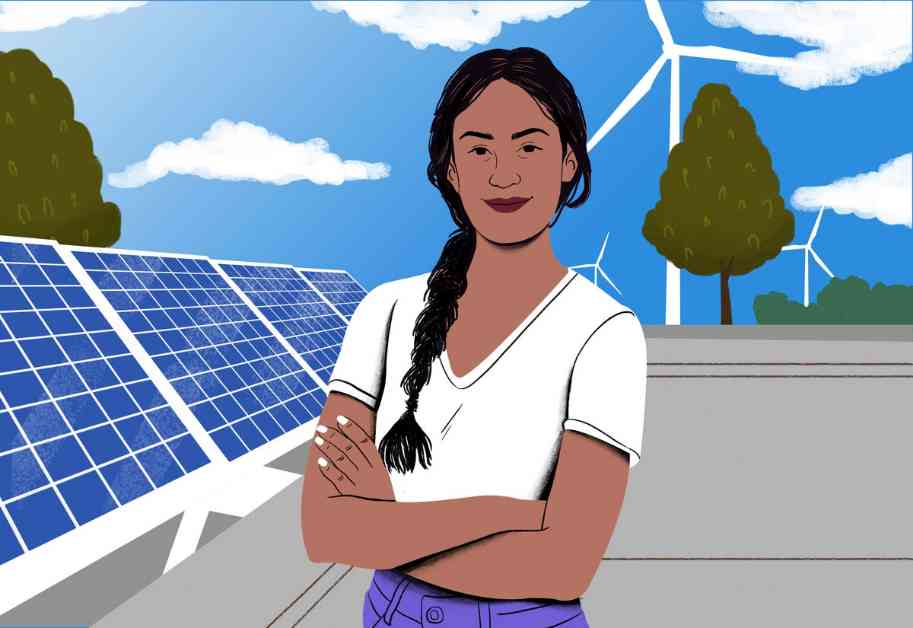FEMINISM’S IMPACT ON CLIMATE CHANGE ACTION: A ROADMAP FOR PROGRESS
This year, the world faces the grim reality of potentially experiencing the hottest temperatures on record. The United Nations’ latest projections paint a dire picture of a planet hurtling towards a future where temperatures could soar by up to 3.1 degrees Celsius by the century’s end if we do not take immediate and drastic action. The urgency of addressing the climate crisis demands global cooperation and swift measures to avert further environmental catastrophe.
THE CONFERENCE OF THE PARTIES: A DISAPPOINTING STALEMATE
In November, the annual global climate meeting, known as the Conference of the Parties (COP), convened in Azerbaijan. However, the outcome left much to be desired, as it failed to deliver the bold changes needed to combat climate change effectively. The prevailing economic system, which thrives on the extraction of natural resources and the exploitation of women and marginalized communities, perpetuates the climate crisis while exacerbating existing inequalities based on gender, race, and class. This system prioritizes the interests of corporations, governments, and elites, further endangering the environment upon which vulnerable populations rely the most.
A FEMINIST LENS ON CLIMATE CHANGE: A NEW PERSPECTIVE
Amidst these challenges, a crucial question emerges: What if we viewed the climate crisis through a feminist lens? Gender-equality researchers at the U.N. highlight the disproportionate impact of climate change on women, girls, and gender-diverse individuals, underscoring the urgent need for a feminist approach to climate action. Women worldwide face unequal access to economic resources, leaving them vulnerable when climate-related disruptions occur, jeopardizing their livelihoods and economic security. Research by U.N. Women projects that climate change could push millions of women and girls into poverty and food insecurity by 2050, further exacerbating existing inequalities.
THE CALL FOR FEMINIST CLIMATE JUSTICE: A WAY FORWARD
The feminist climate justice framework offers a holistic approach to addressing the intertwined challenges of climate change, gender inequality, and social injustice. By amplifying the voices of marginalized women and recognizing their unique knowledge and contributions, this approach seeks to empower communities most affected by environmental degradation. It advocates for a shift towards sustainable, regenerative economies that prioritize the well-being of both people and the planet over profit and power.
ACTIONABLE STEPS TOWARDS CHANGE: THE FOUR PILLARS
To realize this vision, action is needed across four key pillars. Recognizing women’s rights, labor, and knowledge, redistributing resources towards sustainable practices, ensuring diverse representation in decision-making, and repairing the impacts of environmental degradation are essential steps towards achieving feminist climate justice. By uniting social movements, activists, governments, and businesses in demanding accountability and bold action, we can pave the way for a more sustainable and equitable future.
In conclusion, the feminist climate justice framework offers a roadmap for transformative change in the face of the climate crisis. By centering the experiences and expertise of women and marginalized communities, we can forge a path towards a more resilient, inclusive, and sustainable world. Let us heed the call for action and work together to create a future where both people and the planet thrive.
Laura Turquet, Silke Staab, and Brianna Howell are researchers at U.N. Women dedicated to advancing gender equality and environmental justice. Follow them on social media to learn more about their work and join the conversation on climate action.










